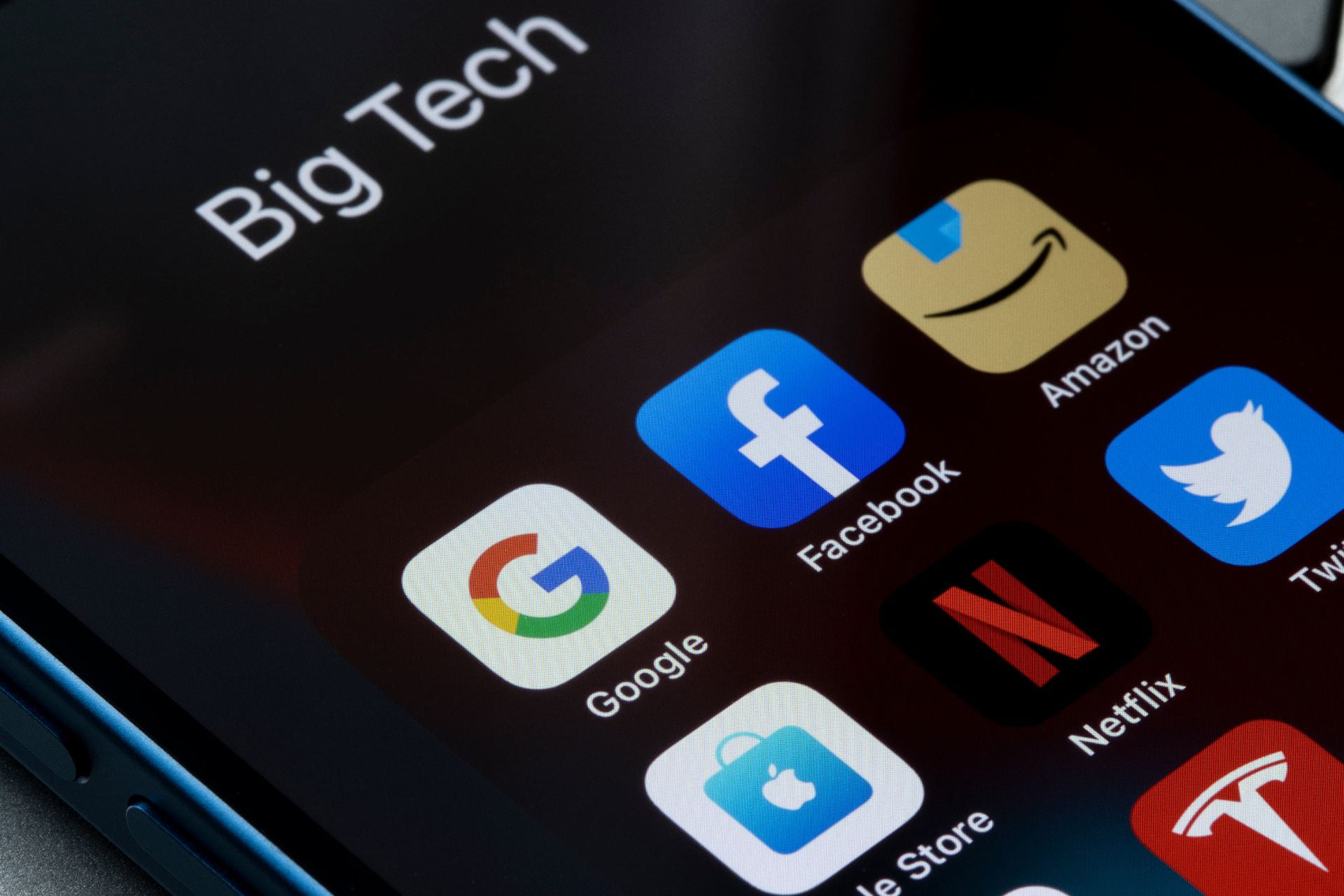When the world’s most valuable brands—Apple, Amazon, Google—enter new digital industries, do they encourage or discourage product market competition? In new research, Strategy Professor Wendy Bradley of SMU Cox and Julian Kolev of the U.S. Patents and Trademark Office analyze new products and services in the digital world, which helps in explaining the rise of intangible assets among firms. This entirely new terrain of economic thought effectively blows up classical economic growth models and leans more in Schumpeter’s creative destruction.
Bradley and Kolev look at competitive forces in nascent markets by studying trademarks and superstar firm entry in the metaverse. The paper discusses born-digital firms, global firms, and how can trademarks can inform us about the international strategies of these firms.
“Trademarks are becoming increasingly important,” says Bradley. “Intangible assets whether trademarks, patents or copyrights are becoming extremely crucial to value creation for companies. It’s how they protect their ideas and signal to the market what they’re working on.” Research is beginning to show exactly why firms choose patents, copyrights or trademarks as part of their overall firm strategy, particularly when entering a new industry, Bradley relays.
From market research, the entire ecosystem for virtual worlds—infrastructure, hardware, experiences, platforms and beyond—could potentially generate $5 trillion by 2030. That’s the size of Japan’s economy. Their study helps explain why new digital markets, such as virtual worlds and the metaverse, constitute a major development that potentially defies typical economic growth models.
Digital products and goods on the Internet have unique economic properties that are different from physical goods. Especially today, the marginal cost to reproduce something that is digital is almost zero. “In physical goods, supply chains and economies of scale are sort of known concepts that apply to resource- and capability-building,” Bradley notes. “But when it comes to digital goods, you have none of this per se.” In new digital product markets, whether it’s virtual reality, artificial intelligence or something that involves digital goods and inputs, traditional models of value creation may not apply. Questions arise about a digital product’s offering, profitability, and ownership in novel ways.
For an economist or researcher, according to Bradley, uncertainty surrounds what resources and capabilities will be valuable, and which firms will succeed or fail in a space that didn’t exist previously, especially as this value changes over time. “Think of the virtual world as almost a duplication of the real world,” Bradley offers. “It’s like a secondary market for brands such as Coca-Cola.” Brands are now attempting to simulate the real world, which means you can purchase digital goods and unique experiences all within a virtual world. What will be valued by consumers and how competition among firms will manifest under these new conditions remains unclear.
The superstars
Increasingly, the same companies, including Amazon, Google and Meta, hold the top-five largest valuations on the stock market, with less shifting of their relative positions. “We used to get fluctuation between GE (General Electric), and then maybe Exxon or Coca-Cola change in terms of the largest, most valuable companies,” Bradley notes. Now, not so much. It’s simply Alphabet, Amazon, Apple, Meta, and Microsoft. These are the big technology companies. They can also be called “superstar firms.”
More than ever, trends are revealing industries that are winner-take-all. Rather than firms with a cost or quality advantage and higher market share, industries are becoming increasingly concentrated, with large firms replacing small firms. The paper looks at trends of firm size and firm origin—born-digital and global firms—and what happens to trademarking or product introduction when a superstar firm enters the market.
The study finds that firm size is a positive predictor for trademark filings in the metaverse. Large firms file many more trademarks in these new markets. Bradley says, “However, we also find that born-digital firms and global firms have a much stronger effect, so they’re doing even more in these nascent markets.” Bradley and Kolev looked at the event where Facebook (Meta) acquired the virtual reality headset company known as Oculus, a sort of shock to the market. After Facebook entered this market, trademark filings declined by 10%. This suggests that, on average, firms were exiting this new market owing to entry of a superstar firm.
Big tech, Internet giants, or superstar firms are different competitively in many ways compared to physical goods and services firms we’ve had in the past. These firms have monopolies (likened to railroads, electricity, and telecommunications industries) that is unique because of the data aspects. With Google, the information they gather on the backend about individuals’ searching, preferences, and profiles is not information that other competitors have access to. “Currently, in our world, every market these days is basically digital,” says Bradley. “In this specific economy, any new digital market Google [or similar superstar firms] wants to enter such as artificial intelligence, virtual reality, and cloud services, they’re going to instantly have an advantage because of that big data.
Big tech firms have the infrastructure to collect massive amounts of data, thus dominating any industry they enter. “It’s an advantage that no other firm has that would be pretty much impossible to catch up on,” Bradley says.
Persistence pays superstars
In the research, the authors found that the smallest or largest firms tend to resemble each other in terms of their reaction to superstar firm entry. Bradley explains, “Smaller firms tend to persist; in fact they just increase their product trademarking a little bit more than average. Small-to-medium-sized firms are the ones that decide to opt out or appear to be showing declines in terms of product introduction.”
It is likely that these findings are driven by differences in strategic priorities. Very small digital firms may increase trademarking in the metaverse after superstar entry because they don’t really have an option to exit if they’ve committed to this new industry. This persistence could be owing to the possibility of being an acquisition candidate of Facebook’s or of decisions to double-down on product introductions to gain a competitive advantage.
According to Bradley, born-digital firms have the unique characteristic of becoming global immediately. Research shows that this often leads to the firm’s longevity, survival and success. Born-digital firms and global (physical-goods) firms look similar prior to Facebook’s entry to the market in terms of trademark filings. However, surprisingly, after Facebook’s acquisition of Oculus, these two types of firms diverge in their behavior. Global firms faced greater-than-average declines in trademarking, whereas born-digital firms seem to exhibit a durable commitment to competing in the nascent market, even in the face of superstar entry.
Importantly, big tech has advantages, but born-digital firms that invest at the very beginning of a technology appear capable of competing in these new markets, like the metaverse. “We are going to continue creating virtual spaces, where collaboration and innovation occur at new levels that we haven’t been able to achieve before,” she adds. The metaverse has implications beyond entertainment; it has potential applications for healthcare, education and energy. In conclusion, Bradley notes the importance of studying these competitive effects so that superstar entry into a market still allows smaller rivals a shot at success.
The paper “Competitive dynamism in nascent markets: An empirical exploration of trademarks and superstar firm entry in the metaverse” by Wendy Bradley of Cox School of Business, Southern Methodist University and Julian Kolev, U.S. Patents and Trademark Office, Office of the Chief Economist, is under review.
Written by Jennifer Warren.














